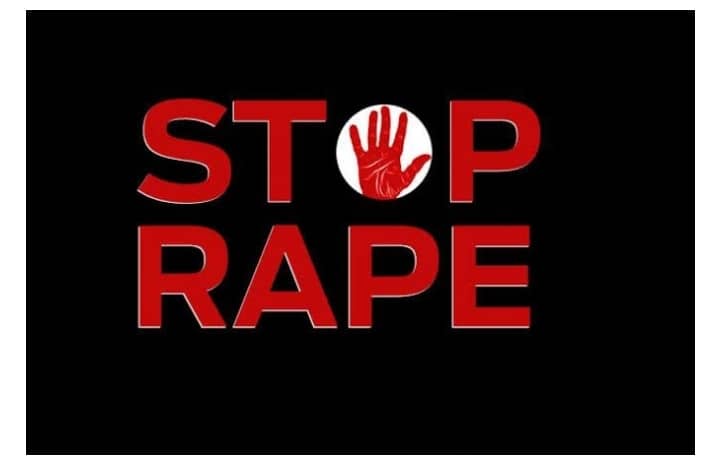The government of Kaduna State has reaffirmed that it is prepared to perform bilateral salpingectomy on female perpetrators and surgical castration on male perpetrators.
Remember that the modified Penal Code 2020, which mandates surgical castration and removal of fallopian tubes for child rapists upon conviction, was signed into law by former governor Nasir El-Rufai in 2022.
The Kaduna Assembly authorized castration as a penalty in November 2020 for anyone found guilty of rape within the state.
This information was revealed on Thursday, November 30, 2023, at a Gender-Based Stakeholders Meeting in Kaduna by Mrs. Rabi Salisu, Commissioner for Human Services and Social Development.
Her ministry worked with the Centre for Integrated and Health Programmes (CIHP) to organize the summit.
Salisu stated that the Kaduna State Government Violence Against Persons Prohibition Law (VAPPL), 2018 included the punitive measures.
“The law followed a lengthy process of advocacy, lobbying and awareness raising by civil society organizations in the state, in collaboration with relevant government agencies,” she stated.
“Since the VAPPL was passed in December 2018, there has been a noticeable increase in the number of reported incidences of violence against women and girls (VAWG) in Kaduna. This may be explained by heightened knowledge of VAWG in addition to the law’s accessibility.”
The commissioner claims that there has been an increase in Gender-Based Violence (GBV) incidents in the state.
“According to the National GBV Data Situation Room and dashboard for prevention and response to GBV in Nigeria, 832 cases have been reported in 2023 so far.”
The ‘Days of Activism against Gender-Based Violence Campaign’, she explained, ran for 16 days, starting on November 25 (International Day for the Elimination of Violence against Women) and ending on December 10.
“This period provides a time to stir up action to end violence against women and girls around the world. November 25 is designated as Orange Day by the UNITE to End Violence against Women Campaign. The colour orange symbolizes a brighter future, free of violence.
“It also serves as a means of demonstrating solidarity in eliminating all forms of violence. It is, therefore, used as the colour of the International Day for the Elimination of Violence against Women.”

